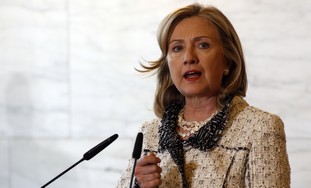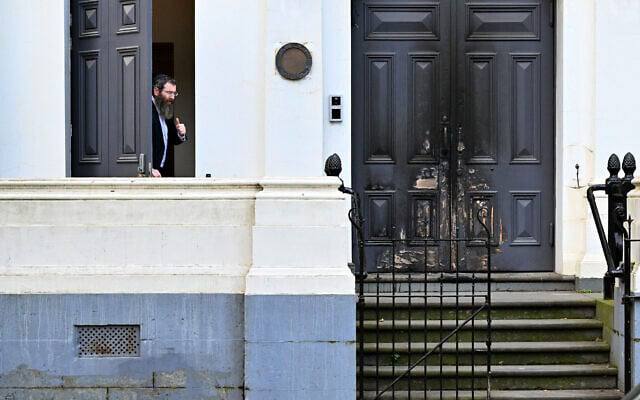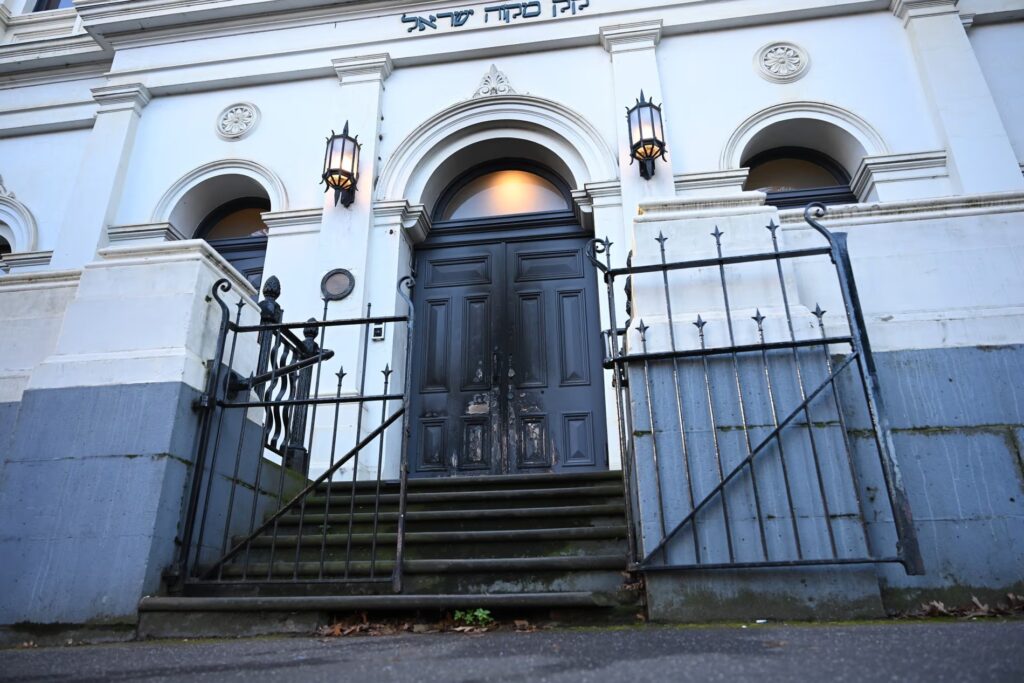UPDATES
Israel, gender and Iran
December 20, 2011 | Sharyn Mittelman

Recently the issue of public female discrimination in Israel has received significant media attention following recent controversies including over women singing in a ceremony for the Israeli army which was boycotted by religious soldiers, and the informal gender segregation on some buses in Ultra orthodox (haredi) areas. According to a stream of ultra-Orthodox tradition men should not listen to women sing. More commonly, Ultra-orthodox men attempt to avoid mingling with women who are not members of their family.
While any form of alleged public gender discrimination must be condemned and addressed, the incidents have been unfairly exaggerated as reflecting a general problem in all of Israeli society.
This was clear when US Secretary of State Hillary Clinton’s told an audience that recent reports of these incidents of alleged gender discrimination in Israel sounded like the situation facing women in Iran. She also said that gender segregation on buses was “reminiscent of Rosa Parks”, the African American woman who refused to give up her seat to white passengers on a bus in 1950s America.
Comparing Israel’s treatment of women to Iran and the African American civil rights movement was misinformed and, indeed, borderline absurd.
Israel has a strong record of respecting women’s equal rights – women serve in the army with men and can take many combat roles, and have had public leadership positions including as Prime Minister (Golda Meir), in the Israeli Supreme Court and as leaders of opposition parties Kadima and Labor.
Israel’s treatment of women is incomparably better than its regional neighbours, especially another US ally – Saudi Arabia where it is illegal for women to drive and they can be beaten on the streets for showing the skin of their ankles. Indeed, Israel’s record on woman’s right, overall, bears comparison with the most progressive countries on women’s issue, such as Australia, the US, and the countries of Western Europe.
In addition, these ‘incidents’ were not sanctioned by the State but led by Ultra Orthodox Jews (often known as “haredi“) in Israel who are only ten percent of the population. They reflect a greater discussion in Israel of how to balance religious sensibilities with secular law, especially in the army, than they do about the position of women in Israeli society. They are in some ways not dissimilar to the debate in Australia over providing women-only hours at public faciltiies such as swimming pools for minority groups whose religious sensibilities bar them from using the facilties in the presence of members of the opposite sex.
Nonetheless, the Israeli Supreme Court ruled this year that it is illegal to attempt to enforce gender separation on public buses, but that the buses in question could run temporarily on the basis that any segregation must be purely voluntarily. Since then, women who ride these buses and sit in the front have reported that while they are subject to requests from male passengers to respect the “custom” and sit in the back, nothing further occurs if they refuse.
Meanwhile, the second issue raised about Israel and women – the small number of Haredi soldiers who refuse to listen to women singers at army ceremonies – is not really a public policy issue at all. However, as much one may disagree with and condemn their attitude toward women, and regardless of how bizarre many of us would find their fear of hearing women sing, should the state force them to do something which they believe their religion forbids? What purpose would that serve? If they refuse to attend army ceremonies with female singing, the solution for Israel is obvious – allow them not to attend.
Moreover, while this debate on Israel is difficult, genuine progress has been sparked by these controversies as both public officials and religious leaders – including amongst the Ultra Orthodox – have condemned the public discrimination and told their haredi community’s that they cannot impose their will on others.
Israeli Prime Minister Benyamin Netanyahu condemned public discrimination and said that:
“I want to say clearly and unequivocally: I am resolutely opposed to this phenomenon…This is a restricted phenomenon that does not reflect the ultra-Orthodox population as a whole, but it does exist.”
Netanyahu also said that Israel is a “mosaic” of Jews and Arabs – secular, religious and haredi, and while up until now there was peaceful coexistence and mutual respect, recently there have been attempts to unravel that coexistence.
President Shimon Peres said that discrimination was unacceptable:
“All discrimination, in the eyes of us all, is a serious mistake that must be fixed immediately… If a man doesn’t want to get on a bus, he shouldn’t get on, no one is forcing him. But no man has the right to force a woman to sit wherever he decides. In the public sphere there shall be no discrimination.”
Israel’s two chief rabbis, both ultra-Orthodox Jews, agreed that the religious have no right to impose their opinions on others and proposed private-owned bus lines for the ultra-orthodox as a substitute.
The Ashkenazi (European descended) Chief Rabbi Yona Metzger criticised the segregation of men and women on public transportation and said that the haredi community does not have the right to impose its practices on public bus lines. Rabbi Metzger said:
“If we want there to be segregation, it would be legitimate for us to establish our own transportation company” and that “We [the ultra-Orthodox] don’t have the authority to force our ideas on others…This country does not belong to the haredi community.”
Chief Rabbi Shlomo Amar, who represents Sephardic Jews of Mideast descent said:
“A person can subject himself to a stricter code, but not others.”
In addition, the Israeli Ministerial Committee on the Status of Women will convene to discuss this issues of exclusion of women from the public sphere and may set up a task force to consider imposing sanctions against businesses that discriminate against women.
While instances of genuine public discrimination against women in Israel are small and isolated, in the cases publicly identified, the legal system has declared them illegal, they have been condemned, as they should be, by the country’s political leadership and public action is in train to do something about them.
The reality is that far from being like Iran, Israel has a proud record of achievements for the advancement of women, and hopefully these recent incidents will provoke action towards fighting public gender discrimination where it still exists.
Sharyn Mittelman
Tags: Israel





